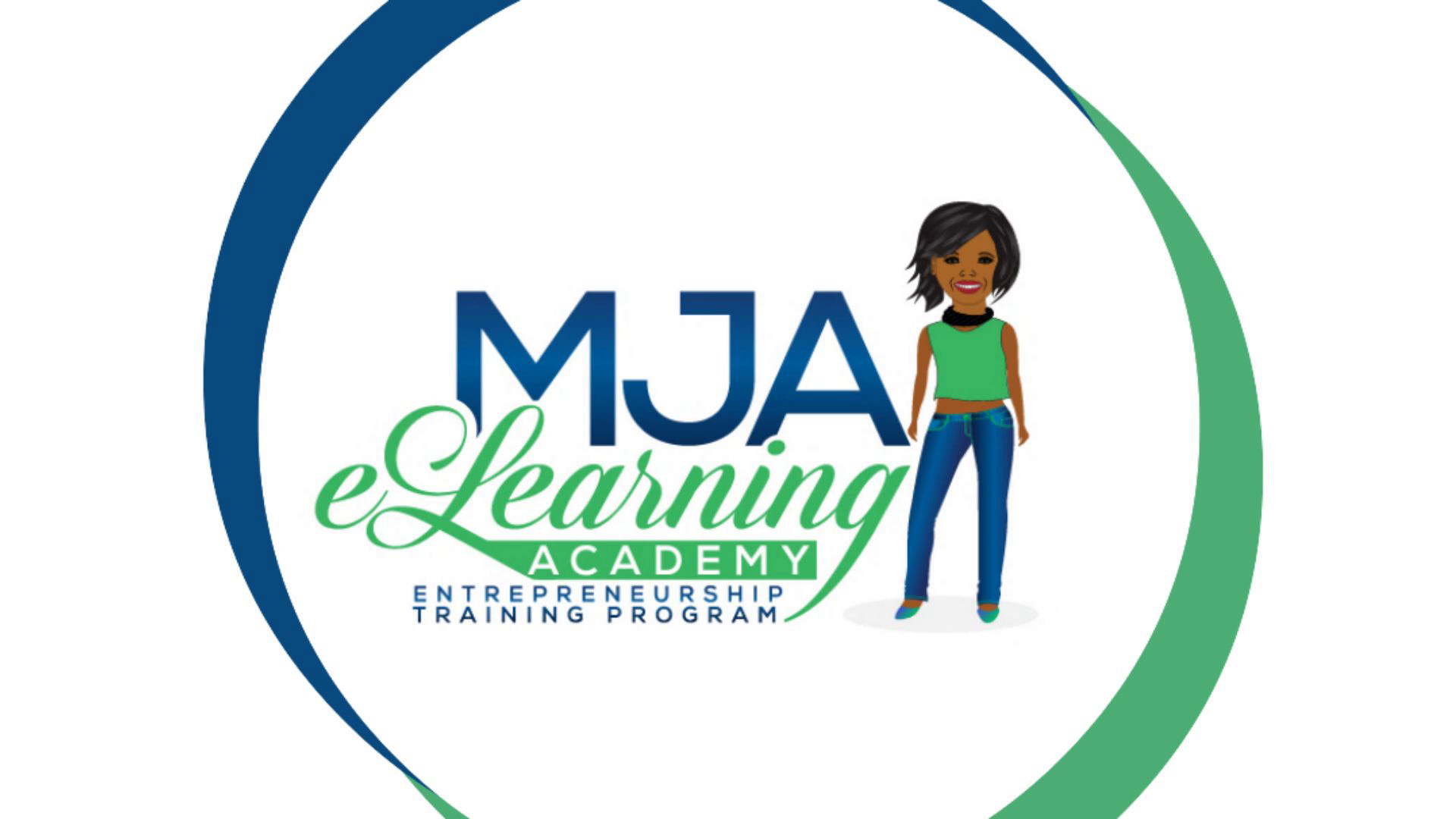Scene 1 (0s)
[Audio] Good morning everyone, and welcome. Today we will be discussing the important topic of professional development, and the methods and skills necessary to grow and succeed professionally. We will be discussing topics such as effective communication, time management, problem solving, trust building, and networking. Let's get started!.
Scene 2 (24s)
[Audio] This course, Soft Skills 110, is designed to equip you with the vital tools you need for professional success. We will cover topics like efficient communication tactics, time management, problem solving, gaining trust and confidence, adapting to different scenarios, and how to make meaningful connections. You will have a chance to hone your skills in these areas and receive comments on your progress. You will benefit from varied strategies to assist you in developing professionally. I am honored to be your instructor and to accompany you through this course. If you put in the effort and determination, I believe you will acquire the competences you need to have a successful working life. Let us commence..
Scene 3 (1m 14s)
[Audio] Effective communication is an essential component of professional development. It comprises the use of words and tone of voice to effectively get the right message across, as well as writing and active listening skills. Verbal communication requires precise language that is easy for the intended audience to understand. Writing skills enable us to express our ideas and information in a clear manner. Active listening allows us to build connections and understand what the other person needs. Lastly, it is important to know how to interact professionally with clients in a remote environment to show commitment to their service..
Scene 4 (1m 57s)
[Audio] Having difficulty focusing on important tasks or feeling overwhelmed by all the things you have to do? It's a common problem, but having an effective system to prioritize and manage your time can make a huge difference. Here are some tools and techniques to help you track time, prioritize tasks, and balance multiple projects and deadlines. Time management and organization are fundamental skills for professional development..
Scene 5 (2m 26s)
[Audio] We will discuss strategies for problem-solving and critical thinking in a virtual setting. Analytical thinking and decision-making skills are critical for successful problem-solving and critical thinking. We will explore effective ways to develop and hone these skills to be able to solve issues in a virtual environment. Additionally, we will address creative problem-solving, particularly in a virtual setting, and how to handle client challenges proactively..
Scene 6 (2m 57s)
[Audio] Establishing trust and credibility online requires understanding the value of digital etiquette and developing a professional image. Consistency, genuineness, politeness, professionalism, and timeliness are necessary components to building an authentically trustworthy online presence. When communicating virtually, it is essential to ensure clear understanding by using video conferencing or chat technology. Additionally, maintaining confidentiality and discretion are important to successful digital interactions. Creating relationships based on trust and credibility necessitates dedication and commitment to meeting the needs of others. Establishing a positive online persona through effective communication is critical for achieving professional success..
Scene 7 (3m 50s)
[Audio] Being a professional requires us to remain informed of the latest advances and trends. We must be adaptable and continuously strive to learn, so as to effectively embrace changes and technological advancements. Self-directed learning and developing skills will equip us to handle the difficulties of remote work and remain ahead of the pack. Being proactive in our learning will allow us to use our abilities to the fullest and stay ahead of the competition..
Scene 8 (4m 21s)
[Audio] Effective communication, time management, problem-solving, trust and credibility-building, adaptability, and continuous learning are all important elements of professional development. Networking and relationship building are parts of a professional's toolkit as well. Networking is a way to build professional relationships and gain valuable resources to further your career. By collaborating and forming trusting teams, you can learn the art of networking. Additionally, you can develop meaningful professional relationships by attending professional events, joining professional organizations, contributing to online conversations, and participating in community activities. This can lay the groundwork for success in a profession..
Scene 9 (5m 12s)
Conclusion. A logo for a company Description automatically generated.
